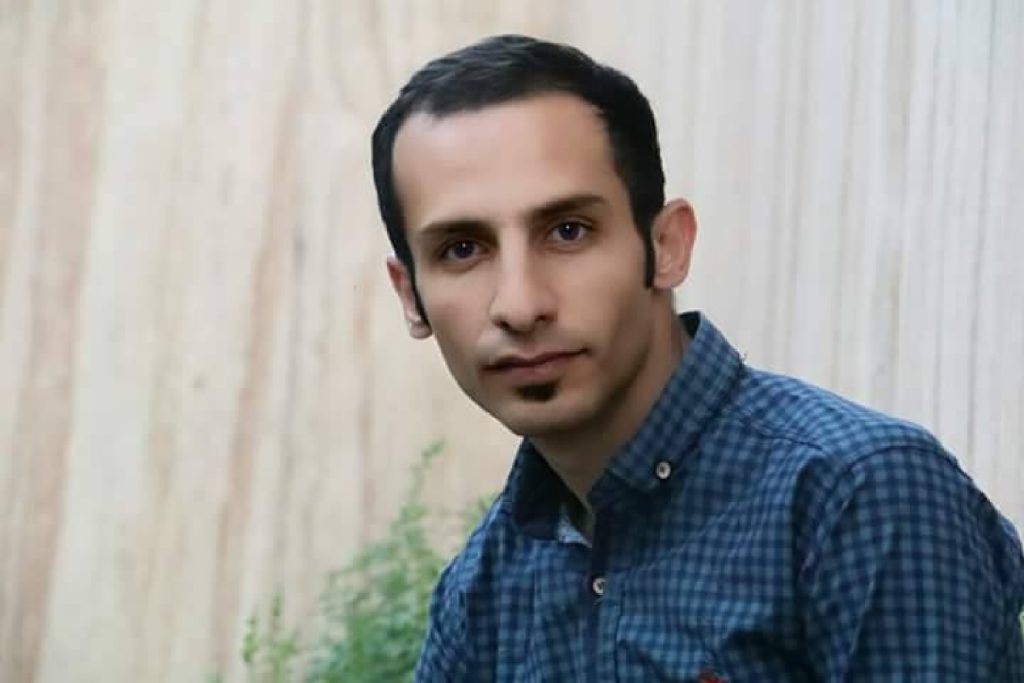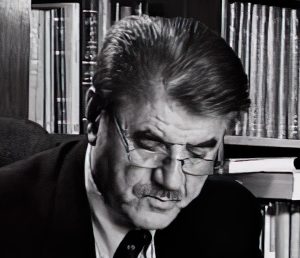Case Background:
Saman Karimi, a 24-year-old sentenced to death by hanging in Sanandaj prison on charges of rebellion (baghi), has had his case reviewed following an appeal by me and Mr. Alaei Ardalan, his respected lawyer, during the early days of the COVID-19 pandemic. The case was referred to Branch 31 of the Supreme Court located in Qom. The initial ruling was overturned due to significant weaknesses and lack of evidence, as I pointed out nine substantial procedural and substantive flaws, with additional flaws identified by my colleague. The judges of the Supreme Court, agreeing with our objections and adding a few more, annulled the verdict and remanded the case back to the lower court for correction of deficiencies and issuance of a new verdict.
Investigation and Appeal:
On the same day, upon a brief review of the case file, I realized that concerns about unjust verdicts are not exclusive to lawyers. In addition to the Supreme Court branch, the Secretary of the Intelligence Coordination Council (Assistant to the Minister of Intelligence) also recognized the gravity of the situation based on received reports. One of these reports led to a letter addressed to the Deputy Political Prosecutor General, stating that “the individual is accused of several instances of assassination attempts, armed action, acquisition of military weapons, and propaganda activities in favor of opposition groups,” but during the investigations, the defendant denied any military actions, claiming he made those statements under “specific conditions” and does not accept any of them. The letter emphasized that two arrested individuals in connection with political killings and armed actions confessed that all military activities attributed to Saman were carried out by them, with no involvement from Saman.
Court Proceedings:
Since the initial death sentence was under review by the Supreme Court, it was likely to be upheld. However, the initial ruling was overturned before the letter reached the Deputy Political Prosecutor General. These combined actions—overturning the ruling and sending the letter—brought joy to the lawyer, the defendant, and his family. On January 13, 2020, the Supreme Court’s decision and the contents of the letter were raised, drawing the court’s attention. The first session after the annulment ended in arguments and was postponed due to the absence of a judge. With renewed hope, I anticipated the second session on February 26, 2020, but it was also postponed due to the absence of the court president, rescheduled for March 9.
Ongoing Judicial Challenges:
On the rescheduled date, accompanied by the defendant’s father and the obtained happiness, we attended the court session. The court began by rejecting the contents of the aforementioned letter and accusing the defendant of lying. After extensive written defenses and detailed oral explanations by the lawyers, the defendant was recharged with non-armed rebellion, despite it not being a crime in Islamic jurisprudence. If the court intended to charge him with membership in a rebel group, besides having already been sentenced for this charge, the new charge lacked judicial fairness. He never confessed to joining any such party, never carried weapons, nor engaged in armed activities.
Mental Health Considerations:
Furthermore, due to incidents before and after his military service, certified by police doctors, he developed certain psychological disorders. During the planned event on the “Sogatan” hill in Baneh, he was intoxicated and was merely supposed to film the shooter. No shooting or filming took place. In this incident, the weapon owner was not arrested, the shooter falsely claimed his weapon jammed, and Saman, who was supposed to film but could not due to no shooting, was convicted of drinking and drunkenness with the sentence executed. He was sentenced to death for rebellion and 11 years in prison for membership in the Democratic Party, even after the Supreme Court annulled the ruling. Despite all these hardships, the legal process continues, revealing the profound bitterness faced by lawyers.
### Conclusion:
This case highlights significant flaws and injustices within the judicial process, particularly in cases involving severe charges like rebellion. The continual challenges and setbacks faced by the defense, combined with procedural inconsistencies and the defendant’s mental health issues, underscore the need for judicial reform and a more thorough, fair examination of such cases to prevent unjust verdicts and ensure equitable legal proceedings.

